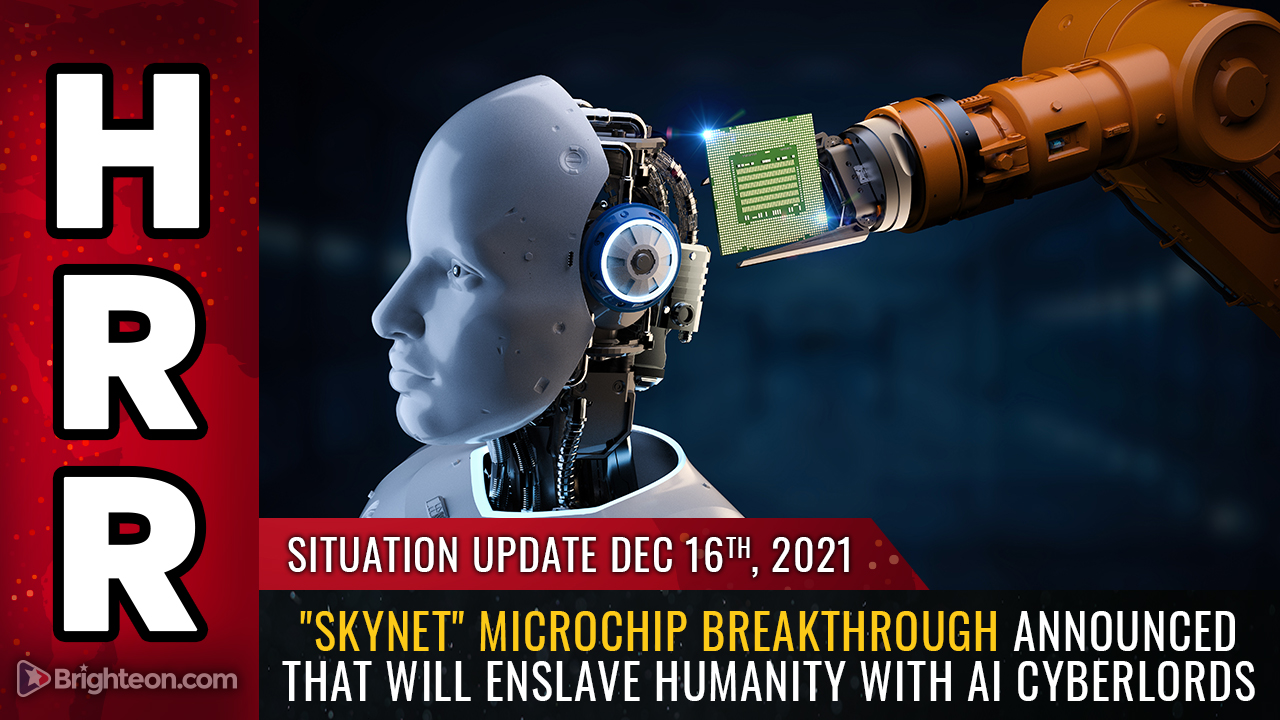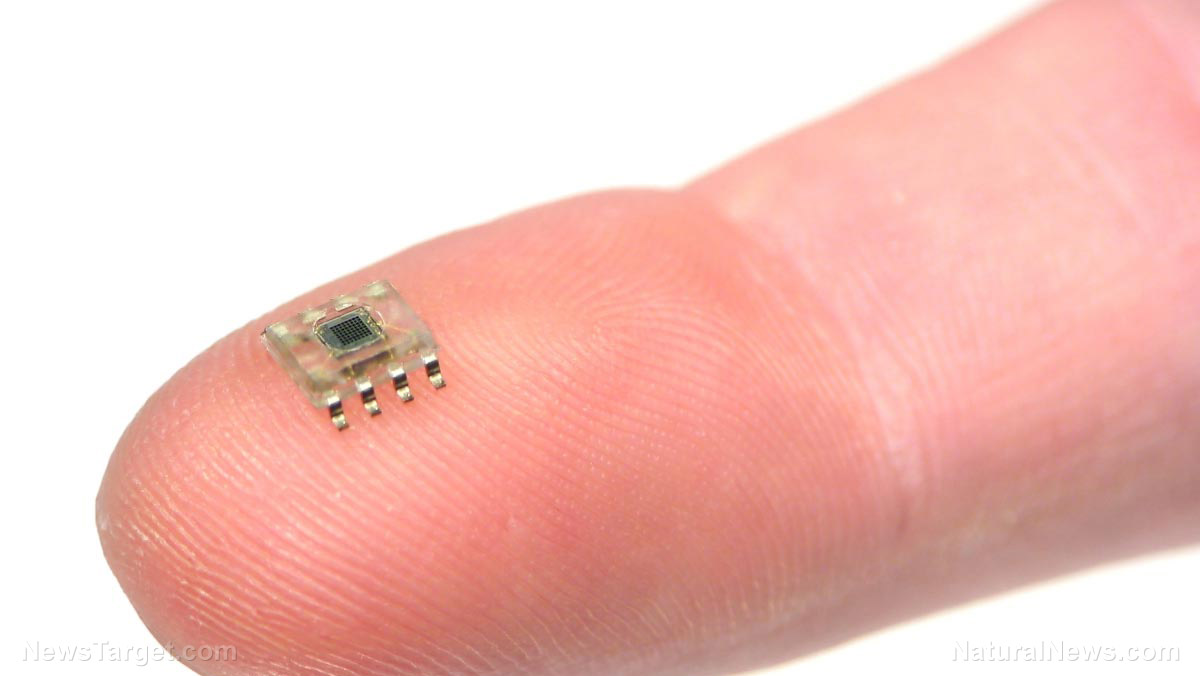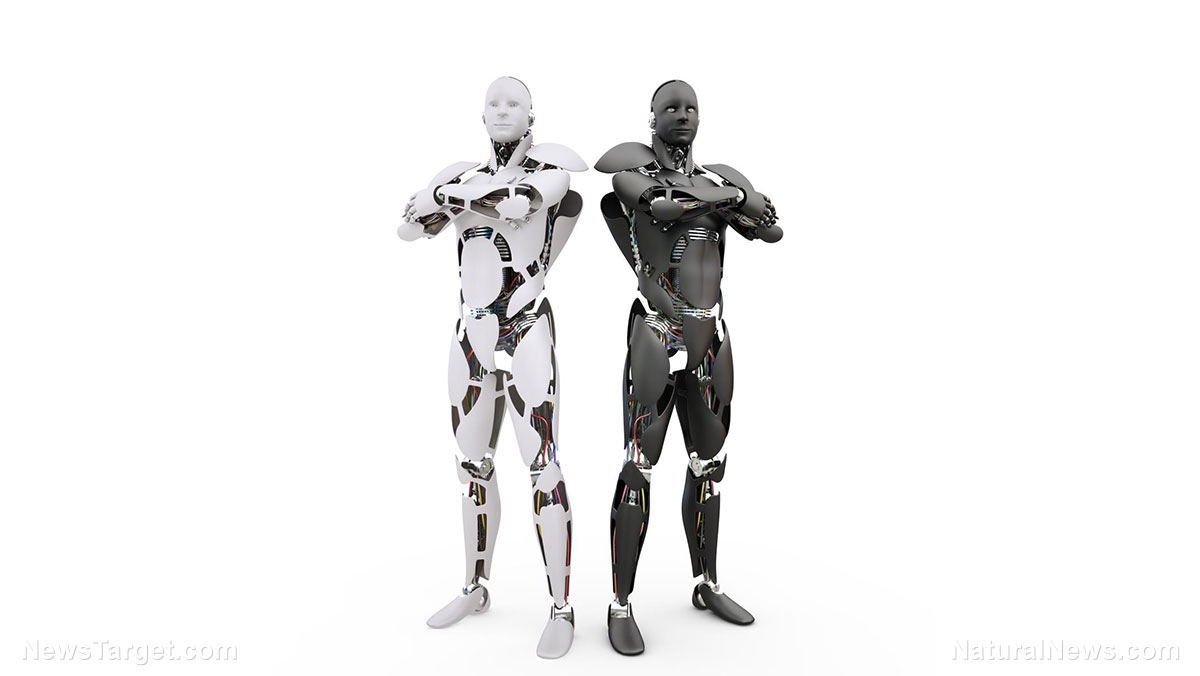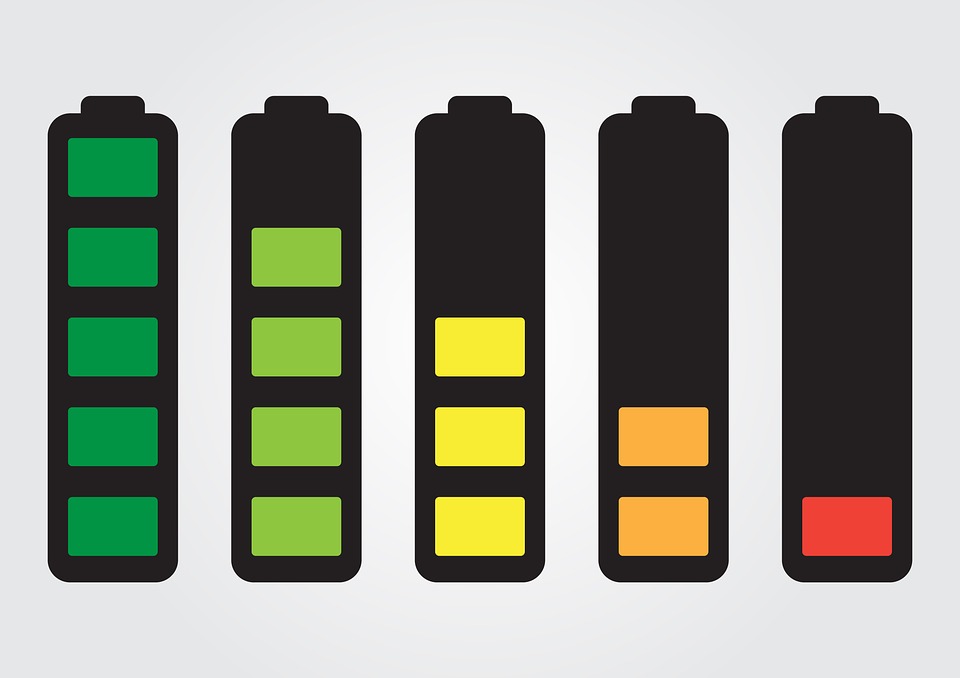Humans are no match for artificial intelligence – “It’s not even close,” says Nobel laureate
09/13/2021 / By Virgilio Marin

In an interview with The Guardian, Nobel laureate Daniel Kahneman opined that artificial intelligence (AI) would be the undisputed winner in the workplace battle between robots and humans.
“Clearly AI is going to win [against human intelligence]. It’s not even close,” he told the paper. “How people are going to adjust to this is a fascinating problem.”
Kahneman, a psychologist and economist who was awarded the Nobel Prize in Economics in 2002, explained that humans are unprepared for the upcoming robot takeover because human intelligence is extremely limited compared to AI.
He pointed to the way the Wuhan coronavirus (COVID-19) pandemic overtook the world to illustrate his point. Human minds, he explained, are ill-equipped to handle the math describing the virus’s exponential growth.
“Exponential phenomena are almost impossible for us to grasp,” he said. “We are very experienced in a more or less linear world. And if things are accelerating, they’re usually accelerating within reason,” he said.
The renowned social scientist forecast that technology would bring forth a massive disruption, noting that it is developing very rapidly, possibly exponentially. And since humans think linearly, they wouldn’t be able to adapt to the disruption quite easily.
He cited medicine as one of the many domains that robots would dominate, “certainly in terms of diagnosis.” He also thinks that leadership roles are vulnerable to the rise of robots.
“There are rather frightening scenarios when you’re talking about leadership. Once it’s demonstrably true that you can have an AI that has far better business judgment, say, what will that do to human leadership?” he said. (Related: Rise of the robots: 8 professions that will be taken over by AI technology.)
Robot takeover just around the corner
A 2019 report forecast that robots could take over up to 20 million factory jobs around the world by the end of the current decade. Most of these robot jobs would be concentrated in China, with 14 million machines predicted to work in the nation.
The report also showed the AI takeover would lead to mass unemployment. Poor local economies that rely on low-skilled labor would be affected disproportionately, worsening incoming inequality.
Researchers from the analysis firm Oxford Economics arrived at these findings after examining long-term trends in workplace automation. They found that the number of robots in use globally increased threefold over the past two decades to 2.25 million.
China led all other nations in workplace automation, installing one of every three new factory robots and accounting for around one-in-five of the global stock of robots.
Trends suggested that the world’s robot population would multiply even faster in the next two decades, the researchers found. By 2030, AI would take over more than 1.5 million jobs in the U.S. and nearly two million across European Union member states. Texas, Louisiana, Indiana and Oregon are the most vulnerable to job losses in the U.S.
Pandemic sped up AI takeover
The pandemic further accelerated workplace automation, as businesses replaced humans with robots to curb virus transmission.
“People usually say they want a human element to their interactions but COVID-19 has changed that,” Martin Ford, a futurist who writes about the ways robots would be integrated into the economy in the future, told BBC.
Last year, plenty of large and small businesses expanded their use of AI to maintain social distancing and trim the number of staff that had to work on-site. Robots also filled roles that workers couldn’t do at home.
Retail giant Walmart, for example, used robots to scrub floors. In South Korea, machines were used to measure temperatures and distribute hand sanitizer. Fast-food chains like McDonald’s, on the other hand, tested robotic cooks and servers.
Ford said that people now prefer to go to a place with few workers and more machines because they feel safe in such settings. But integrating more robots into the workplace has drawbacks, including mass unemployment. As the BBC noted, a company invested in robots is not likely to ever rehire a human.
Learn more about robots in the workplace at Robots.news.
Sources include:
Tagged Under: AI, AI replacement, AI Takeover, artificial intelligence, automation, Collapse, computing, covid-19, Daniel Kahneman, economy, future, future of employment, future science, future tech, Glitch, human intelligence, job losses, jobless future, jobs, machines, Mass unemployment, pandemic, rise of robots, robot jobs, robot replacement, robot takeover, robotics, robots, technology, unemployment, workplace automation
RECENT NEWS & ARTICLES
COPYRIGHT © 2017 FUTURE SCIENCE NEWS




















